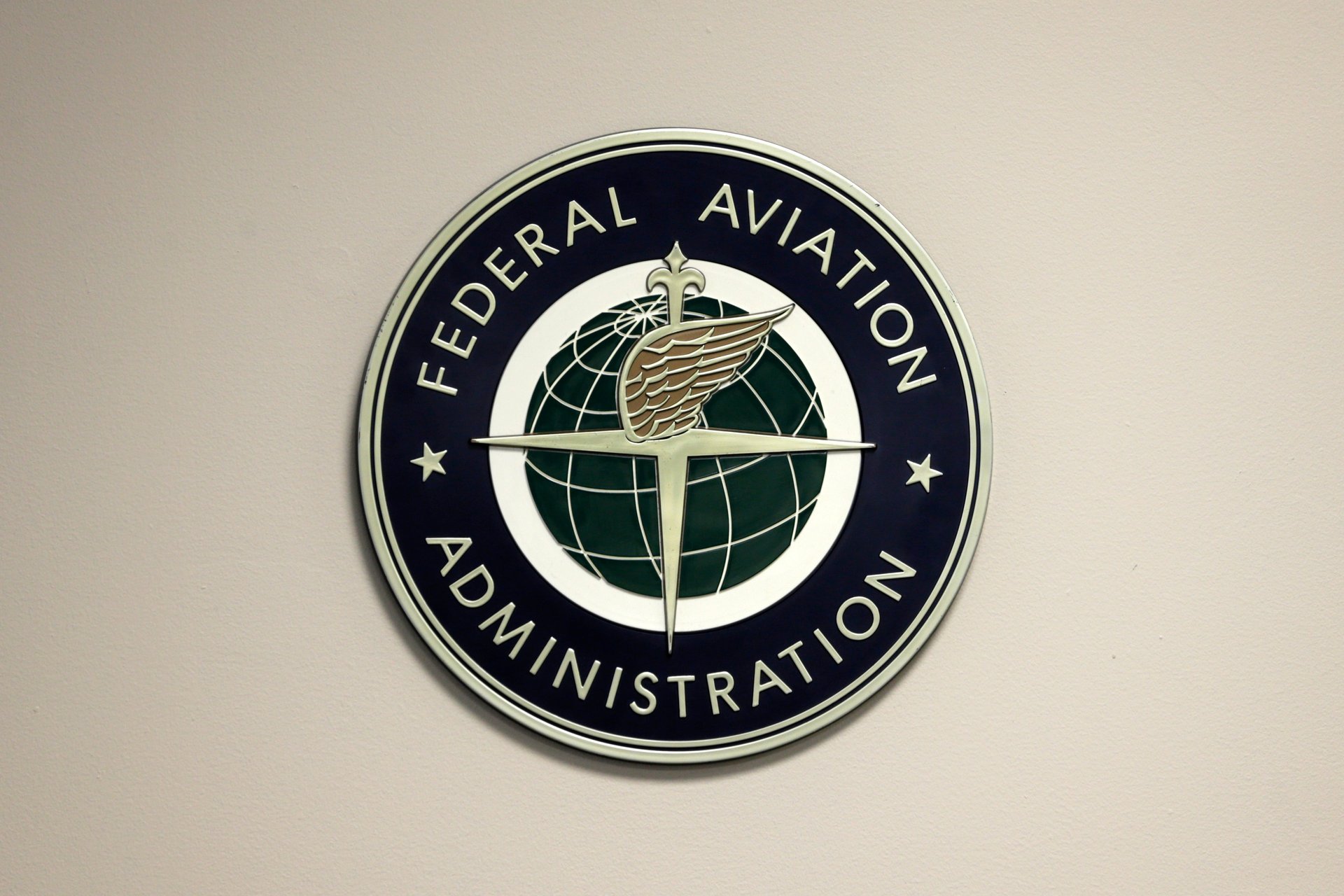The US is poised to require foreign aircraft-repair shops to test workers for drugs and alcohol
The federal government will propose to require drug and alcohol testing for employees of foreign aircraft-repair shops outside the United States

The Federal Aviation Administration has proposed mandatory drug and alcohol testing for employees of aircraft-repair shops in other countries, a move that labor unions and Congress have urged for many years.
Suggested Reading
The FAA said Wednesday that its proposal would affect nearly 1,000 repair shops in 65 countries. However, shops in countries where mandatory testing is against the law can apply for an exemption, according to a notice to be published in the Federal Register on Thursday.
Related Content
Unions representing U.S. aircraft mechanics have long pushed for more scrutiny of foreign shops, calling it an issue of safety and protecting U.S. jobs. In 2012, Congress directed the FAA to write testing regulations covering foreign shops.
But the FAA moved slowly, saying that other countries, and the operators of their repair stations, would object to the U.S. imposing conditions on their workers.
The FAA has previously said that it lacks enough data to know whether testing foreign workers would have any additional safety benefit. On Wednesday, however, the agency said testing would be “an important step in our overall safety mission” because so few countries require it.
Unions representing aircraft mechanics in the U.S. praised the FAA's turnabout.
“This is a great first step toward addressing the scourge of offshoring the vital maintenance of U.S.-flagged passenger jets,” John Samuelsen, president of the Transport Workers Union. “We've been fighting this for years.”
Robert Martinez Jr., president of the International Association of Machinists and Aerospace Workers, said the rule "will bring jobs back to the U.S. and improve passenger safety.”
The Transport Workers Union said that since 2017, foreign shops have added 35,000 jobs while U.S. shops have cut 5,000 jobs.
Samuelsen, the TWU president, said the FAA should go further by requiring that foreign workers meet the same licensing and criminal-records checks that apply to U.S. workers who maintain planes for airlines. He said the FAA should demand the right to make unannounced inspections of foreign shops.
The current requirement to give foreign shops 72-hours notice “is a gaping hole in security,” he said in an interview. In 72 hours, an airline or foreign operator "can clean up a mess that endangers U.S. flyers.”
The trade group representing major U.S. carriers, Airlines for America, declined to comment.
The FAA will publish its proposed rule in the Federal Register on Thursday and allow 60 days for anyone to submit comments.
Drug and alcohol testing in U.S. aircraft-maintenance facilities has been required for about 30 years. If the FAA proposal becomes final, foreign shops that work on U.S. planes would have one year to set up testing programs and electronically transmit results to the U.S. Department of Transportation.